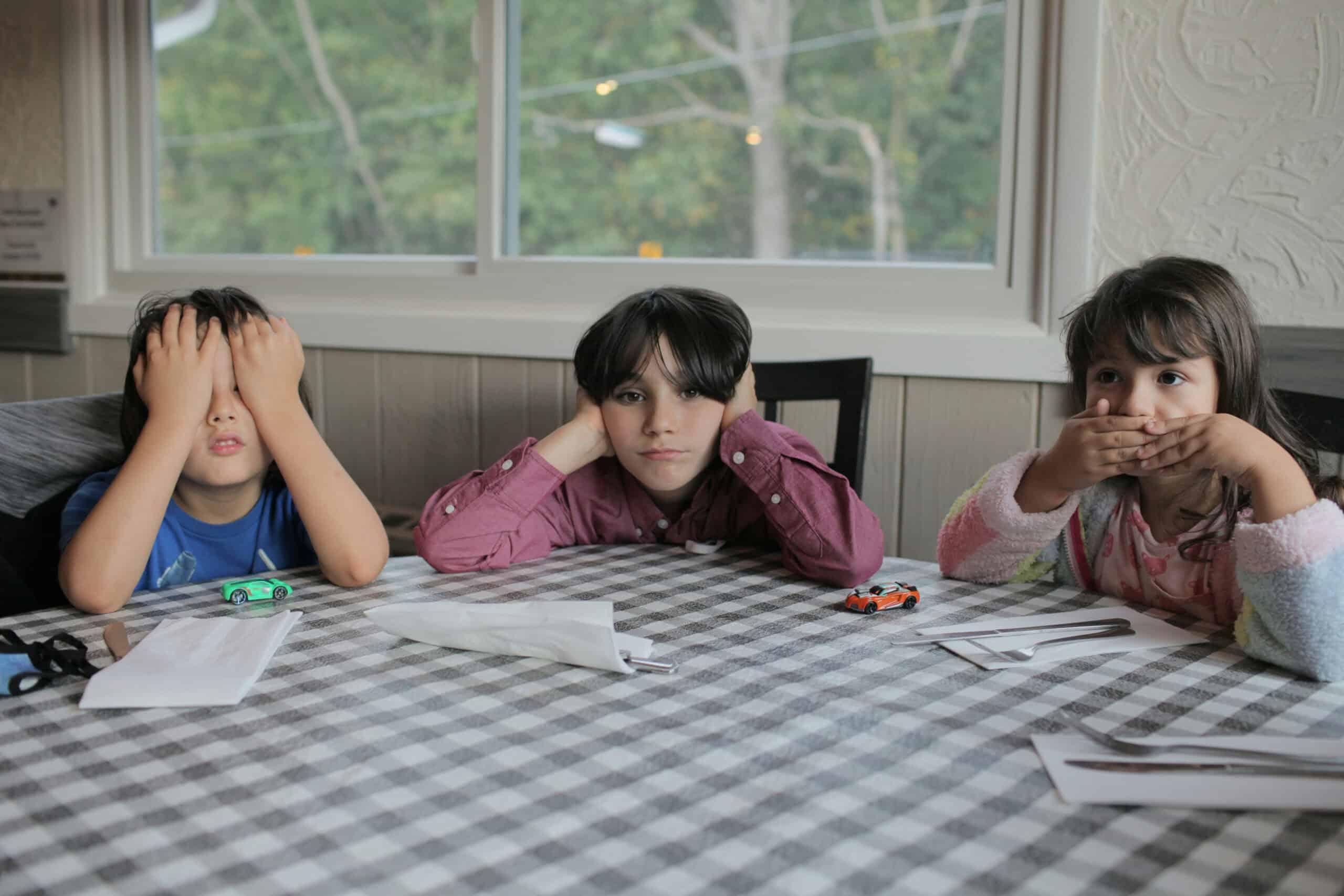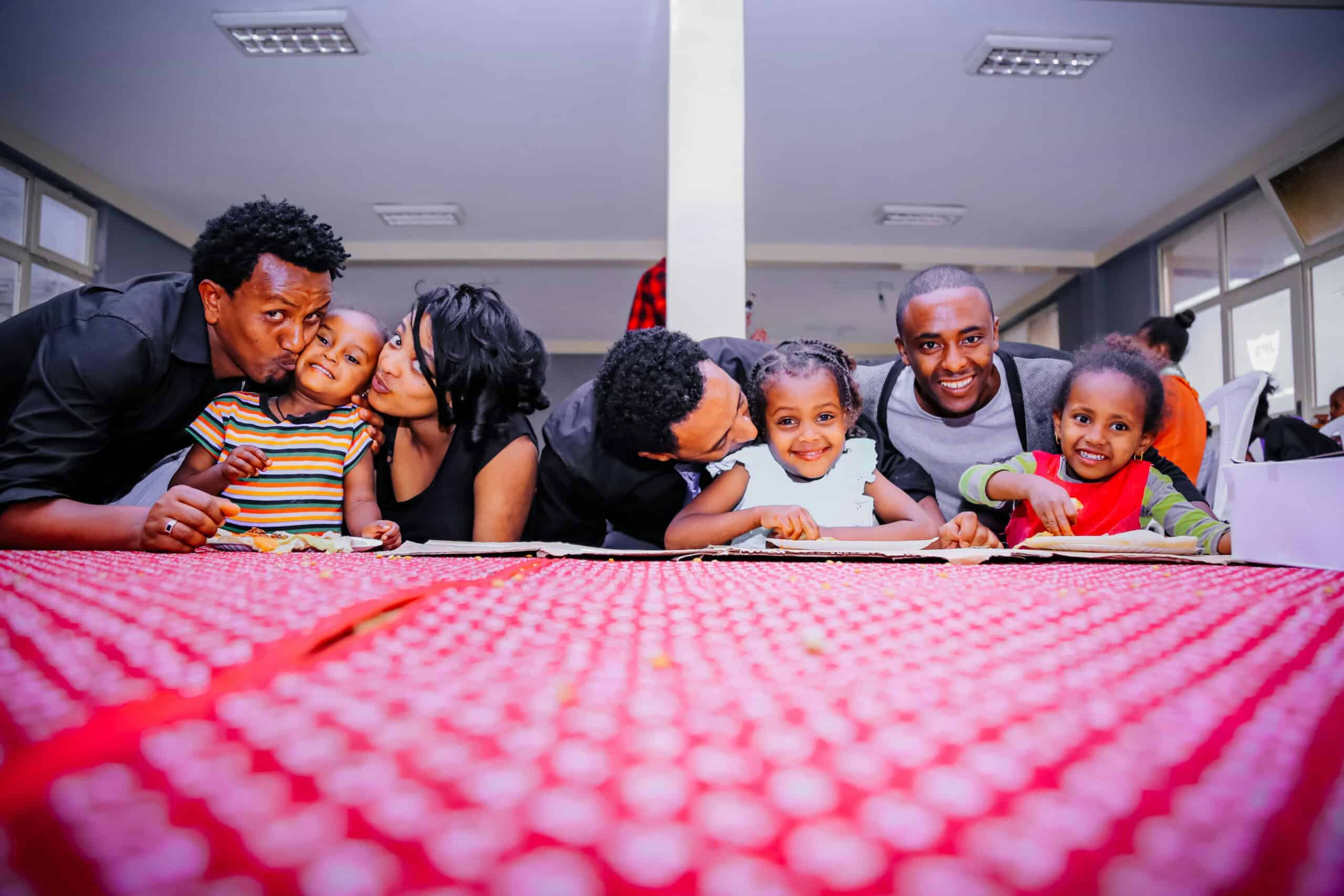15 Parenting Habits That Secretly Make Sibling Rivalry Worse
Sibling rivalry is a natural part of family life, but some parenting habits can unintentionally heighten tension and competition between children. Recognizing these hidden triggers is essential for fostering a supportive environment where siblings can thrive together. In this article, we explore 15 subtle yet impactful ways parents may worsen sibling rivalry, offering practical advice for nurturing stronger family bonds.
1. Comparing Achievements

Highlighting one child’s accomplishments—whether in academics, sports, or social circles—can foster resentment and rivalry between siblings. Even casual remarks, such as praising one for high grades while lamenting another’s difficulties, may erode self-esteem and fuel competition. Experts caution that these comparisons can undermine both individual confidence and family cohesion.
2. Playing Favorites

Consistently showing preference for one child—whether through extra attention, more resources, or special privileges—can create deep-seated resentment among siblings. This form of favoritism often leads to jealousy, rivalry, and long-term emotional wounds that can persist into adulthood. Parents may not always recognize their own biases, but children are quick to notice.
3. Ignoring Individual Needs

Treating children as though they all share the same needs and interests can breed frustration and resentment between siblings. Every child possesses unique talents, preferences, and challenges, and failing to acknowledge these differences may leave them feeling misunderstood or unappreciated. Research indicates that parenting tailored to individual needs helps minimize sibling conflict and fosters healthier family dynamics.
4. Making One Child the Peacemaker

Designating one child as the family ‘mediator’ places unfair emotional responsibility on them and can provoke antagonism from siblings. This approach not only causes resentment but also perpetuates unhealthy power dynamics within the family. Over time, it may negatively impact both the peacemaker’s well-being and sibling relationships.
5. Downplaying Sibling Conflicts

Minimizing or dismissing arguments between siblings communicates that their emotions and concerns don’t matter. This approach can cause unresolved issues to fester, ultimately leading to more frequent or severe conflicts as frustrations build up. Acknowledging and addressing disagreements is crucial for helping children develop healthy conflict resolution skills and for maintaining family harmony.
6. Labeling Children

Referring to children as ‘the smart one,’ ‘the wild one,’ or ‘the shy one’ can confine them to fixed roles and foster sibling rivalry. These labels often influence how kids see themselves and can create pressure to compete for parental attention or approval. Over time, labeling may limit children’s potential and strain sibling relationships. Experts strongly advise against assigning labels within the family.
7. Intervening Too Often

When parents frequently step into sibling disagreements, children miss out on valuable opportunities to practice resolving conflicts themselves. Excessive intervention can also appear biased or unfair, intensifying resentment and rivalry. Giving siblings space to navigate disputes encourages the development of empathy, communication, and negotiation skills. Striking a balance between guidance and independence is key. Se
8. Not Setting Clear Boundaries

Without consistent rules or expectations, siblings may become confused about acceptable behavior, which can fuel competition and conflict. Establishing clear guidelines around personal space, belongings, and respectful interactions helps reduce arguments and encourages mutual respect. Boundaries provide structure and predictability, making it easier for children to get along.
9. Rewarding Tattling

Praising or rewarding children for reporting their siblings’ misbehavior can turn tattling into a strategy for earning parental approval. This approach undermines trust and cooperation, often increasing rivalry and resentment among siblings. Encouraging open communication rather than tattling helps foster a more supportive family environment.
10. Taking Sides During Arguments

When parents automatically take one child’s side in a sibling dispute—especially without hearing both perspectives—they risk deepening feelings of injustice and perceived favoritism. This habit can increase resentment and escalate rivalry, as the “unfavored” child may feel misunderstood or unfairly treated. Instead, it’s crucial for parents to remain neutral, listen to all sides, and guide siblings toward resolving disagreements respectfully and collaboratively.
11. Overloading Older Siblings with Responsibility

Relying on older siblings to frequently care for or supervise younger brothers and sisters can foster resentment and perceptions of unfairness. This imbalance may create power struggles and fuel rivalry, as older children feel burdened while younger ones may resist authority. Striving for balanced responsibilities helps maintain harmony.
12. Publicly Shaming or Scolding

Disciplining a child in front of their siblings can cause embarrassment and humiliation, often prompting retaliation or increased misbehavior. Such public reprimands can also damage sibling relationships by fueling resentment and rivalry. Instead, addressing issues privately allows for more constructive discipline and helps maintain mutual respect among siblings. Positive, empathetic communication is key to effective parenting.
13. Failing to Encourage Teamwork

When parents overlook the value of teamwork by not providing opportunities for siblings to work together—through shared chores, games, or projects—they miss a vital chance to build cooperation and mutual respect. Collaborative tasks teach important skills like communication, compromise, and problem-solving, helping siblings view each other as partners rather than competitors.
14. Modeling Competitive Behavior

When parents regularly engage in competitive behavior—either with others or within the family—they may inadvertently teach children that rivalry is a normal way to interact. Children closely observe and mimic their parents’ attitudes and actions. By instead demonstrating cooperation, empathy, and effective conflict resolution, parents can set a positive standard and help siblings build healthier relationships. Modeling these qualities encourages siblings to support one another rather than compete.
15. Dismissing Positive Interactions

When parents neglect to notice or praise moments of kindness and cooperation between siblings, negative behaviors often become the focus. Recognizing and celebrating positive interactions helps reinforce harmony and encourages siblings to continue supporting one another. This positive reinforcement can significantly reduce rivalry and build stronger bonds.
Conclusion

Many well-intentioned parenting habits can, without realizing it, intensify sibling rivalry and strain relationships. By becoming aware of these patterns and making conscious changes, parents can help nurture a more harmonious family dynamic. Emphasizing empathy, setting clear expectations, and consistently reinforcing positive interactions are crucial for minimizing conflict and strengthening sibling connections. With mindful approaches, families can encourage lifelong bonds and a supportive environment. For additional guidance, visit Psychology Today and Child Mind Institute.
.article-content-img img { width: 100% }




